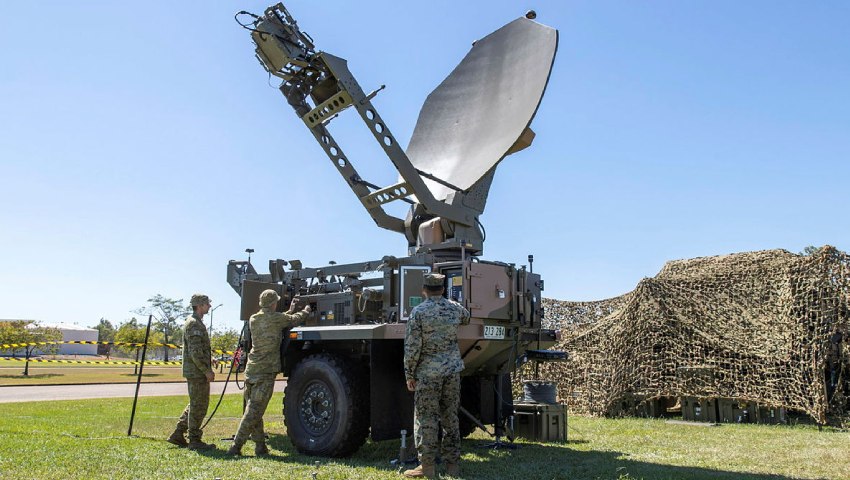Australia must reduce its dependence on foreign-owned space technology by redoubling efforts to harness local know-how and build a truly sovereign space sector, according to Martin Duursma from Main Sequence Ventures.
To continue reading the rest of this article, please log in.
Create free account to get unlimited news articles and more!
We’re living in a time where looking to space is bringing us enormous benefits on Earth. Incredible innovation is occurring around the globe to create a “new space” or “Space 2.0” sector, with hundreds of start-ups and breakthrough technologies enabling a whole new industry. However, while optimism abounds, there are serious headwinds.
Most Australians are unaware of how much we rely on space technology to power our everyday lives. From communication services to Earth observation (EO) for weather forecasting and positioning, navigation and timing (PNT) services, we benefit from space-based technologies on a daily basis.
Recently, there has been a tremendous increase in the commercial space sector and for the first time, perhaps in decades, space has become a regular topic of discussion in mainstream media. While the Australian government has announced ambitious goals to triple the size of our space industry to $12 billion and create up to 20,000 new jobs by 2030, Australia’s commercial space sector is at a turning point.
We are seeing a rise in space companies operating for commercial profit and while billionaires’ forays into space tourism have been the subject of many headlines, there are also whole industries emerging around microsatellites, take-off and landing facilities, commercial rocket launches and space-centric software.
Space 2.0 presents a huge opportunity for new businesses emerging both in space tech and in the supply chains and ecosystem around it, something that is especially true in Australia.
Bringing space tech back home
Despite Australia being one of the early countries to launch a satellite into space from home soil, Australia is generally perceived to be an underperforming participant in the space sector.
Historically, there hasn’t been strong investment in the area, compared to the US for example, where NASA programs often involve outsourcing to specialist tech providers and currently, the Australian Space Agency acts as more of a regulatory oversight body.
In light of this, Australia has become a huge consumer of overseas space technology, relying on international partners for technologies that underpin our defence capabilities. Such reliance threatens Australia’s national security where access to space will not be consistent or secure while we rely on foreign actors to provide access.
Today's armed forces rely on space-based assets for reconnaissance, weather tracking, communication, navigation and more. Defence uses space technology to communicate with deployed forces, giving them real-time information to help them protect Australian interests.
This reliance on international technology and talent doesn’t have to be the case. We have research capabilities that can be leveraged to position Australia as a leader in EO and PNT, and the physical space to safely and securely launch the new generation of commercial spacecraft, with both domestic and international suppliers.
By building Australia’s space capability, we stand to create high-value jobs, generate export sales, and derive economic benefits, as well as gaining surveillance capability and building strategic partnerships in the interest of national security.
Innovation lift-off
We have already started building space sovereignty, with greater investment occurring in the sector and a number of companies working to build our capability across launch, IoT, communications and satellite industries.
For example, Myriota is disrupting the IoT space, giving industries including defence, logistics and mining access to low-cost, low-power satellite connectivity for IoT sensors. Quasar Satellite Technology is building a scalable “phased array” ground station service that can communicate with hundreds of satellites at once. Gilmour Space Technologies are lowering the launch cost for small satellites, supporting the growing demand for launch capabilities.
These are just a few of Australia’s deep tech start-ups working to build Australia’s space industry, providing the technology and tools that many industries across Australia need – including defence and intelligence.
While we are making strides towards space sovereignty, we need to maintain focus on becoming a capable, strategic and globally engaged leader in the industry. Given the importance of space technology for national security, maintaining growth and momentum in the industry must remain a priority.
Martin Duursma is a partner at venture capital firm Main Sequence Ventures.

 Login
Login







